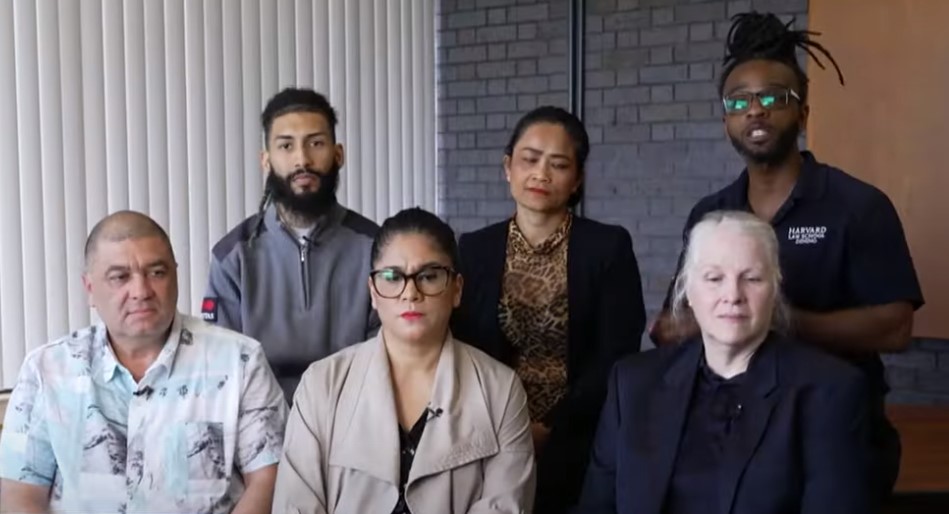
Rehan Staton is a 27-year-old Harvard Law School graduate. However, his path to that degree was not typical. As a child, his mother abandoned the family and his dad struggled with gainful employment. In other words, Rehan grew up poor. To make it, he worked as a sanitation worker (that’s trash man to you and me). His grades were never very good in high school. As a young adult, he enrolled at Bowie State University, and later transferred to the University of Maryland. While going to school, he worked many blue-collar jobs in the service industry.
Upon graduation, Rehan was accepted to Harvard Law School. While there, he saw all kinds of support staff who did the thankless jobs at Harvard. He did something that most students and faculty did not do – he thanked them for their time and their service. He didn’t stop there. He created the Reciprocity Effect, which recognizes the people who clean the glass, take out the trash, cook the food… In an event that rivaled the Oscars, he provided awards to the best workers on campus. After a successful launch, he spread this program to other universities and other businesses.
Joe’s Perspective: How many people in your life do you take for granted? These people get paid for their work, but more often than not, they remain invisible. Very infrequently are they ever appreciated or recognized for their contributions. Listen to the voices of the Harvard employees, “You didn’t realize how unseen you were until you were seen. Oh, this is kinda nice.” While you don’t need an award night at your school, a thank you to the bus driver, custodian or lunch worker could go a long way. Give it a try.
Your Turn: Take the challenge. Name the 3 people you will thank. Spend a week recognizing and thanking the support staff at your school and report the results here next week.

Pingback: The Reciprocity Effect – Kevin Mauermann's WordPress Site
This story was uplifting. Imagining life without service workers would be difficult. I want to be like Rahad.
Pingback: The reciprocity effect – character and leadership - Sensation Six